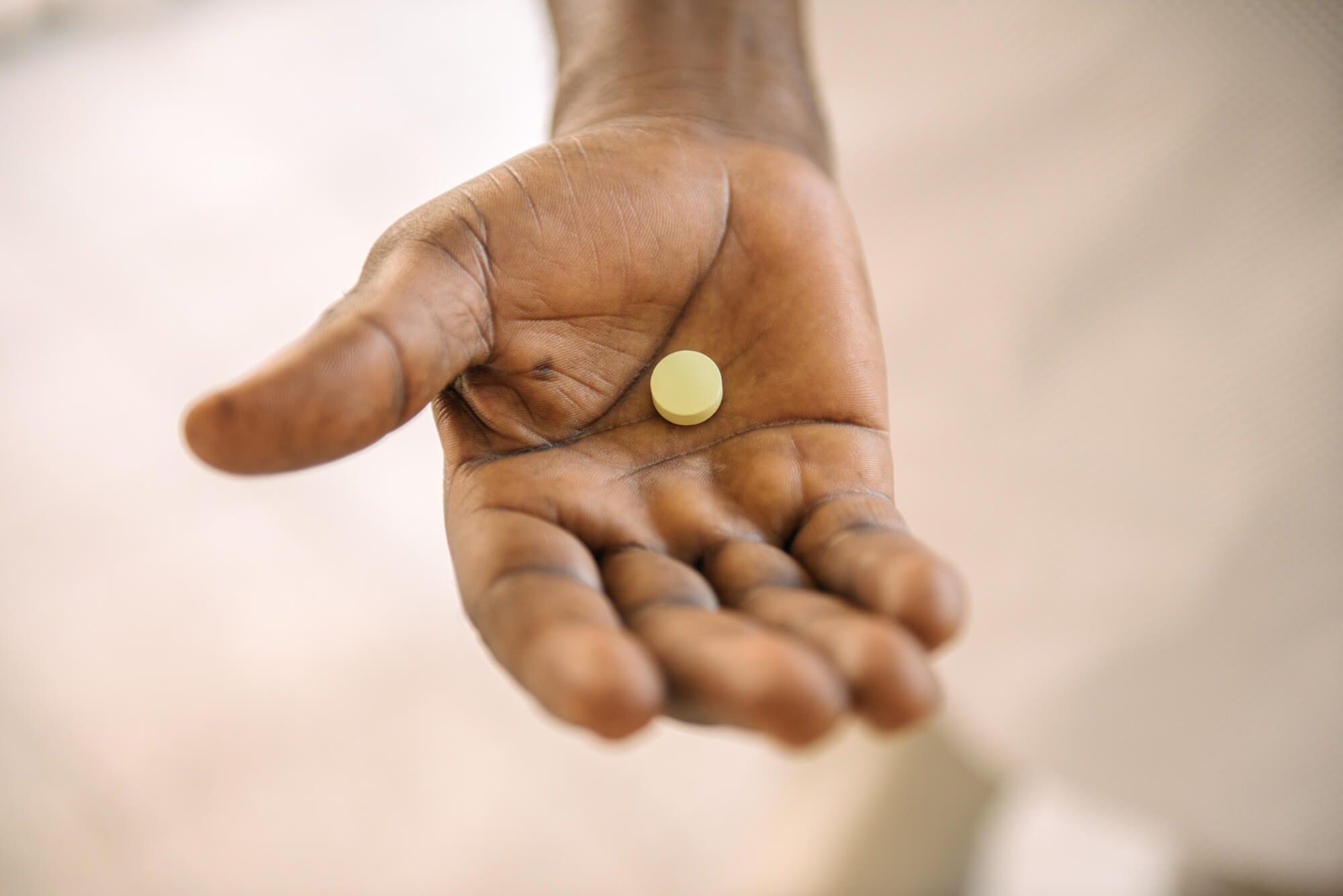In our short film ‘A Doctor’s Dream’, we tell the story of Congolese physician Victor Kande’s lifetime of dedication to finding a safe and effective cure for sleeping sickness. The disease is one of 20 debilitating and often deadly neglected tropical diseases (NTDs) recognized by WHO that affect 1.5 billion people worldwide – devastating communities and stifling social and economic development.
Control of NTDs is widely considered a litmus test of progress towards achieving the United Nations Sustainable Development Goals (SDGs) – particularly the ‘health for all’ ambitions of SDG 3, the goal for health. Using NTDs as a barometer, we can ask: Does the progress we are making address the medical needs of the world’s most vulnerable and marginalized communities?
“ Accelerating work to reach remote and vulnerable communities who experience the greatest barriers to accessing healthcare is central to achieving the Sustainable Development Goals and leaving no one behind. Adequate commitments to research and medical innovation for NTDs will be a critical determinant of progress in the decade to come. ”
Ambitious targets, remarkable progress
In 2012, WHO launched an ambitious roadmap on NTDs, with plans to control and eliminate 17 diseases by 2020. The ‘London Declaration’ soon followed, whereby pharmaceutical companies pledged their support to help reduce the burden of 10 NTDs – with billions of treatments delivered through mass drug administration campaigns.
Over 30 countries have since eliminated at least one NTD as a public health problem. This hard-won progress is testimony to the value of bold ambitions, strong national responses, and the resolve of front-line health staff.
Sleeping sickness, now on the brink of global elimination, is arguably one of the biggest success stories. One of the key ingredients of that success is the sustained investment in innovation. Equipped with new tools, steadfast control efforts have brought the number of new cases down from tens of thousands per year to under 1,000. Sustained donor funding for R&D and DNDi’s long-standing partnership with Sanofi – initially for nifurtimox-eflornithine combination therapy (NECT), and then fexinidazole – were essential for realizing Dr Kande’s dream for safer, simpler, more effective treatments.
A Doctor’s Dream
Our film about Dr Kande and DNDi’s search for better treatments for sleeping sickness highlights the power of medical innovation to change the lives of people affected by NTDs. The film was honoured with a Grand Prix at the first-ever WHO Health for All Film Festival in 2020.
The road ahead
While the NTD community is making significant advances for neglected patients – and that progress should be celebrated – there are worrying risks that could slow or halt our progress.
We are still a very long way from accomplishing what we set out to achieve almost 10 years ago. For most NTDs, we still lack tools for prevention, diagnosis, and treatment that are safe and effective and can be easily integrated into local health systems. Securing and sustaining new gains against NTDs simply cannot happen without new medical innovation.
Take Chagas disease: current treatment, while effective, lasts eight weeks and sometimes has serious side effects. For river blindness, mass drug administration campaigns have been successful as a prevention tool, but must be repeated over and over again because the drug that is used does not kill the adult worms, which can live for more than 10 years in the human body. For mycetoma, treatments cure only 35% of patients, leaving many with amputation as their only option.
For these and many other diseases, the fact that R&D funding for NTDs has flatlined over the past decade is of particular concern.
“ Drug development is a lengthy, complex, and high-risk process and therefore sustained commitment from funders is needed to develop safer, more effective, affordable treatments for NTDs. Facilitating science that centres directly on the needs of neglected patients is more important than ever. ”

Investing for the next decade
In 2019, DNDi teams advised on the development of WHO’s new 2020-2030 NTD roadmap, which will set new control and elimination targets. At the time of writing, its launch has been postponed due to COVID-19 – as has a high-level donor summit on NTDs that was to be held in Kigali in 2020 to chart the next decade of the response.
Although key events will not go ahead as planned, global momentum against NTDs must nevertheless be accelerated following the publication of the new WHO roadmap. Sustained political will, safe and effective new health tools, and sustainable financing for NTDs are essential to achieving the SDGs and delivering on doctors’ dreams and the promise and possibility of health for all.
How your donations are used
All contributions large and small have helped advance DNDi’s mission and goals.
88%
Social mission: R&D, strengthening capacity, and advocacy
8%
General management
4%
Fundraising
